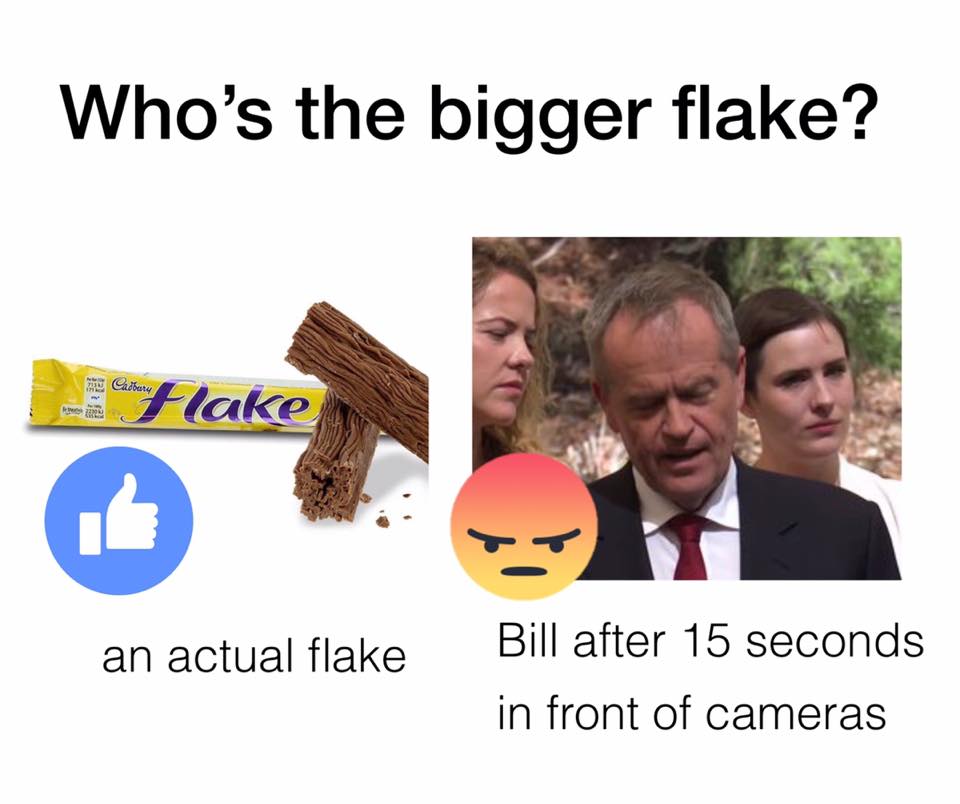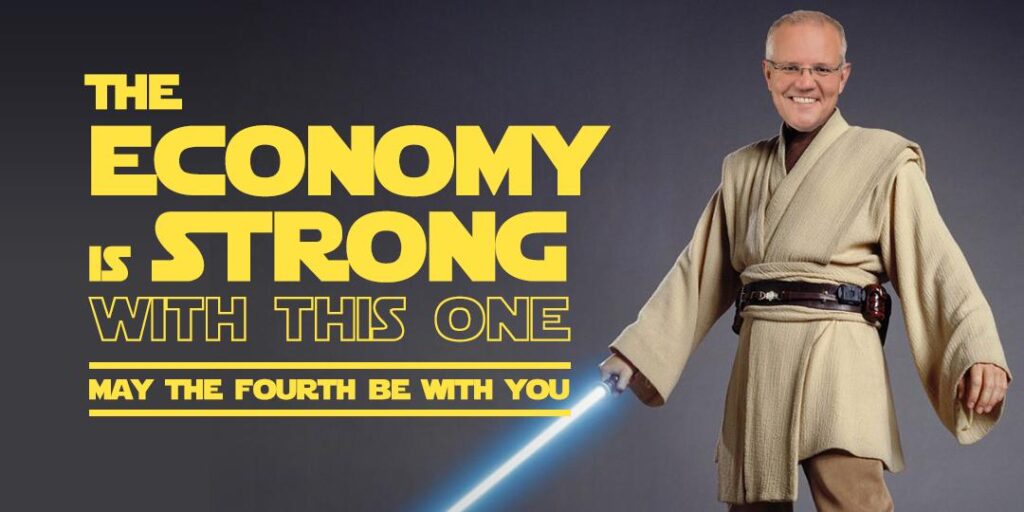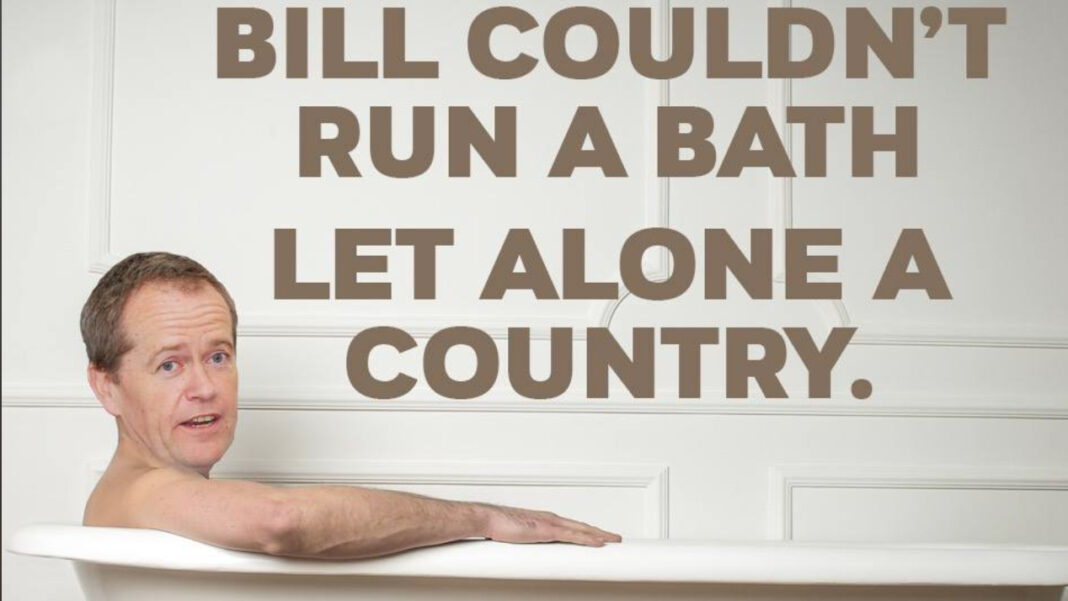Like it or not, memes now play a huge part in the way we communicate online, particularly for the younger generations, and a researcher from the Australian National University (ANU) has delved into the world of online memes to examine their role in the 2019 Federal Election.
ANU researcher Lucien Leon has written about the role of memes in Scott Morrison and the Liberal Party’s ‘surprise win’ in a new book, Morrison’s Miracle.
Dr Leon says the potential for memes to be used as campaign tools “matured” for the 2019 election, with political parties and their supporters able to exploit or “weaponise” memes to get their messaging across.
He likens memes to political cartoons, but with a couple of key differences: they’re largely anonymous and can be produced and spread quickly. They are also not subject to the same requirements as other political messaging.
“It’s moved out of the amateur space and more into the political propaganda space,” he says. “That’s a bit of a concern because it’s very difficult for the audience to tell what the intent of the message is.”
Editor and ANU Emeritus Professor Marian Sawer said while social media in politics was once regarded as the “forte of the left”, politicians such as Pauline Hanson and Clive Palmer had some “big wins” in 2019 with the use of platforms like Facebook.
“This reflected a global shift whereby radical right parties and organisations were more than matching the left in their use of digital technology.”
Memes thrive in ‘echo chambers’
Dr Leon says while it’s hard to say how effective memes are at shifting votes from one party to another, they do tend to have more currency or traction in the heat of an election campaign.

Dr Leon says social media platforms, particularly Twitter and closed groups on Facebook, have been structured to create ‘echo chambers’. Memes circulating in these spaces tend to reinforce existing views rather than sway voters’ opinions, he says, referencing memes depicting Bill Shorten as a ‘flake’ or as the grim reaper for the Labor’s “death tax” (actually their franking credits policy).
“I just see them as now part and parcel of political messaging. They are not necessarily on their own able to shift votes, but what they are able to do is maintain particular messages,” Dr Leon says.
“Even if they are circulating in echo chambers, they do, nonetheless, bleed out of those chambers and become part of the mosaic or pastiche of other political messaging.

“The attitude is not so much the quality of the meme but the constant flow of the messaging.”
Does politics make memes ‘uncool’?
Despite Scott Morrison’s widely-criticised Star Wars ‘May the 4th’ meme, Dr Leon says it’s not so much the messaging, or the image, but which platform a meme circulates on that could define its coolness factor.
“[Morrison’s meme] was really uncool but Scott Morrison kind of fosters this daggy dad image, so his use of those memes was really uncool but it was almost so uncool it was on brand.
“It might actually come down more to platforms. Facebook is now seen as a bit more of a ‘boomer platform’,” he says, while Gen Z tend to be more active on platforms like Snapchat and TikTok.
“They do target some of them in terms of the demographic. Some of the memes reference stuff that only the youth demographic could cotton on to.”



